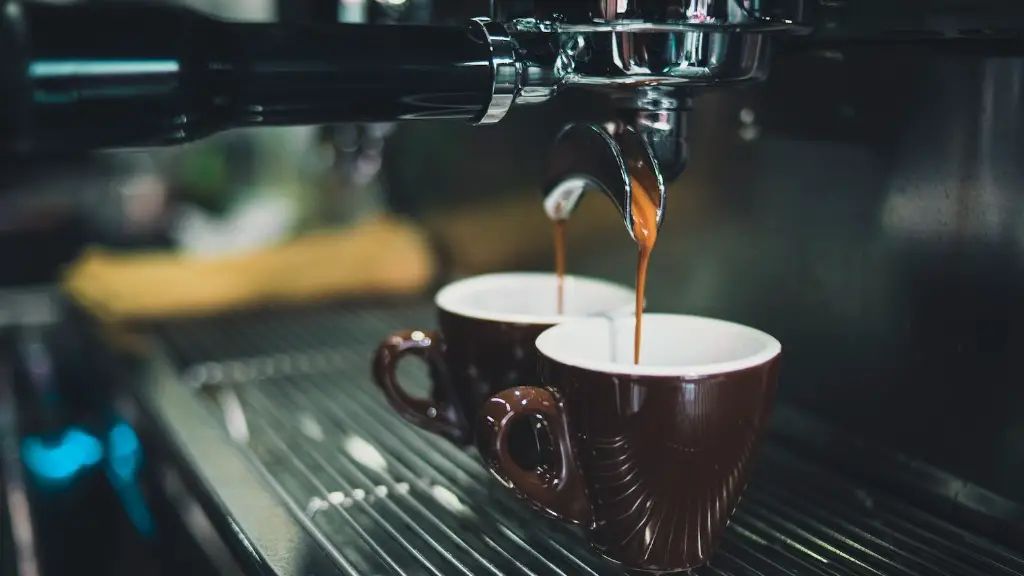Caffeine Consumption in Pets
Research shows that coffee is the most commonly consumed caffeinated beverage among humans, but it’s surprising to learn that caffeine consumption is also common among cats and dogs. With coffee offerings in so many forms—from shots of espresso to flavored coffees and cappuccinos—it may be tempting to share some of that caffeine goodness with our furry friends.
Though there is a general consensus among veterinarians that caffeine consumption is not good for pets, there remains some confusion as to what the exact dangers are and how much coffee is too much for dogs. Regular coffee contains far more caffeine than regular tea, so it’s important to consider the quantity of coffee consumed if you do give it to your pet.
Many experts point out that due to their small size, dogs can be particularly vulnerable to the effects of caffeine. Caffeine acts as a stimulant to our pets, causing an increase in energy and alertness. This, in turn, can lead to restlessness, hyperactivity, and general irritability, which could be detrimental to their overall health and well-being.
Toxicity and Health Risks
Caffeine is considered to be toxic to dogs due to their lack of an enzyme to metabolize it, which can lead to cardiac issues, seizures, and even death if ingested in large quantities. A single teaspoon of instant coffee contains around 58 mg of caffeine, while a single teaspoon of brewed coffee has around 24mg. However, the caffeine level in an espresso can be much higher, so it’s best to avoid giving that to your pet.
Dr. Carol Osborne, a veterinarian from Agoura Hills, California, warns pet owners that even if the amount ingested doesn’t cause overt toxicity, it still could have a detrimental effect on the dog’s heart.
“Too much caffeine can lead to rapid and/or irregular heart beat, increased blood pressure and difficulty breathing, all of which can be life threatening and lead to cardiovascular collapse,” Dr. Osborne said.
How Much is Too Much?
Veterinarians advise that even a small dose of caffeine can be dangerous for a dog’s health. Generally, several cups would be needed to trigger the toxic effects of caffeine. If any amount of caffeine is ingested, it’s important to immediately take your pet to the vet for an examination and to seek advice on treatment options.
Alternatives for Dogs
If you want to give your pet a treat but avoid the dangerous effects of caffeine, you can opt for decaf coffee, herbal tea or even pet-friendly drink such as diluted low fat milk.
Education and Prevention
It’s important to educate pet owners on the dangers of caffeine consumption, and to take steps to prevent accidental exposure. Dr. Osborne suggests that pet owners not only keep their own coffee out of reach of pets, but also to make sure that any visitors to the home are aware of the dangers as well.
Awareness and Responsibility
Pets owners need to be especially mindful when it comes to their pet’s consumption of caffeine. It’s important to talk to a veterinarian or vet technician if you’re unsure about what snacks or drinks may be unsafe for your pet.
Serving Coffee Responsibly
If you plan to share coffee with your pet, do so responsibly. Choose decaf coffee, diluted low fat milk or herbal tea. Even when served in small doses, coffee can have a powerful effect on our furry friends. Be cognizant of your pet’s size, overall health and age.
Managing Caffeine Cravings
In some cases, pets may have grown accustomed to coffee due to the association of their human parents drinking it. If this is the case, try to dilute the coffee with warm water, or switch to decaf.
It’s also important to modify the environment in order to prevent pets from accessing coffee on their own. Provide plenty of pet-friendly snacks, chew toys, and activities to keep them entertained and mentally and physically stimulated.
Exercise and Playtime
To keep your pet active and healthy, consistently provide them with regular exercise, playtime and mental stimulation. Designed with our four-legged friends in mind, there are now many interactive toys, puzzles, and special treats that are safe for pets. Even a short walk around the block can be a great way to give your pet a mental and physical boost.
Studies and Investigations
More studies are needed to determine the full potential toxicity levels of caffeine for cats and dogs. In the meantime, the best advice for pet owners is to keep coffee and other caffeinated substances out of their pet’s reach, and to speak with a vet if their pet has ingested any caffeinated drink or food.


